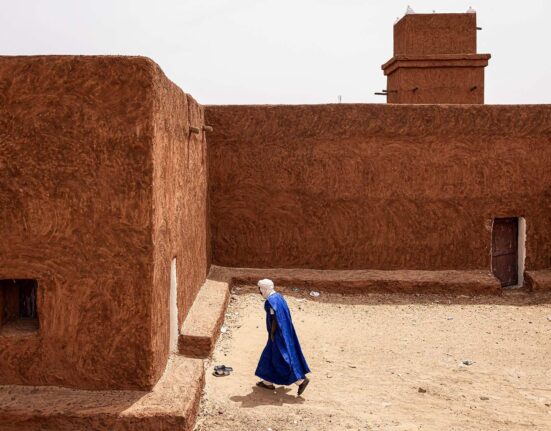In a recent development concerning work visas and travel policies, several nations, including Pakistan, India, Egypt, Bangladesh, Indonesia, Iraq, Nigeria, Jordan, Algeria, Sudan, Ethiopia, Tunisia, Yemen, and Morocco, have been affected by changes in Saudi Arabia’s visa regulations.
The impact of these adjustments has sparked discussions and concerns among citizens of these countries, particularly those planning to travel for religious purposes like Hajj and Umrah.
The alterations in visa policies have created a ripple effect in the Middle East region and beyond, with many individuals now facing uncertainties regarding their travel plans and work opportunities in Saudi Arabia..
African nations such as Nigeria, Sudan, Ethiopia, and Algeria have significant populations seeking employment opportunities in Saudi Arabia.
The new visa regulations will likely have implications for these migrant workers, potentially affecting their ability to secure employment or travel to the kingdom for religious pilgrimages.
The tightening of visa policies could also impact the economies of these African countries, as remittances from expatriates working in Saudi Arabia contribute significantly to their GDP..
Moreover, the restrictions imposed on work visas and travel to Saudi Arabia may lead to diplomatic tensions between the affected nations and the Kingdom.
As these countries navigate the implications of the visa changes, it remains essential for diplomatic channels to remain open to address any concerns or issues that may arise.
The future outlook for individuals from these nations seeking work opportunities or religious pilgrimages in Saudi Arabia remains uncertain, with many eagerly awaiting further updates on the evolving visa policies and their potential impact on cross-border relations and travel plans..









Leave feedback about this